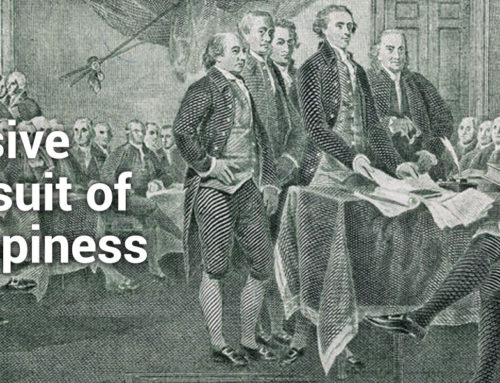Tell me if you’ve ever heard any of these excuses:
- I understand the concept, but just can’t find the right words to express it.
- I did the hard part in putting together the facts now you just need to write it and make it sound good.
- If only they (fill in the usual suspects) were smart enough to know what is good for them.
[clear]
Number 1, may be used by someone who just flopped giving a presentation at a conference. Number 2, is most often directed to technical editors, and Number 3 is used by political strategists trying to rationalize why they lost a recent special election. (The identities of the real parties have been removed to protect the guilty.)
All three have a common theme, smart people who have a command of facts but are unable to present them in a convincing way. I recently read a blog at HBR titled the irresistible power of storytelling. I highly recommend it. Harrison Monarth’s premise is: “A story can go where quantitative analysis is denied admission: our hearts. Data can persuade people, but it doesn’t inspire them to act; to do that, you need to wrap your vision in a story that fires the imagination and stirs the soul.”
After I read the blog I did something I rarely do: I went out and found Harrison’s LinkedIn site and elected to follow him. You should do the same.
Storytelling is an art and great storytellers entertain as well as persuade. Pete Seeger taught us many lessons through his songs, and he taught without demonizing the opposition. Ok sometimes he made fun of the opposition but more often, he asked us to look inside and define the kind of a people we are – he appealed to our heart as well as our mind. Abraham Lincoln was renowned as a great storyteller even when some thought that “spinning yearns” was not presidential.
The value of storytelling and the underlying power of myths are generally appreciated. If we accept that storytelling is a powerful tool why do we insist on arguing about the data? Why do we rely upon power point slides and emphasizing the data or the process, when we should be trying to wrap our vision in a story and fire the imagination of our audience? Should we overwhelm our audience with bullet points that may be proven wrong through fact checker, or should we embrace the harder task to put together a compelling story to describe our vision and explore fundamental truths. Facts are not truth and a myth does not have to have been factual in order to reveal truth.
In Plato’s Dialogues there was a central conflict between the Ionian physicists and Socrates search for truth. Socrates used the dialectical method as a tool to understand greater concepts: justice, truth, love, wisdom, etc. The Ionian physicists were solely interested in facts. In our search for truth we should try to elevate our level of engagement and appeal to the hearts of our audience, find a common ground, and inspire our audience to take action.
Writing a story is not easy and few of us can aspire to master the art like an Ernest Hemingway, Wallace Stegner or Pat Conroy (http://www.patconroy.com). While mastering the art of writing a story is much more difficult than just adhering to an outline, there are a few key points to remember. 1) Make it personal and relevant. 2) Establish your credibility – why should your audience listen to you? 3) Have your points progress to a logical conclusion. 4) Have a theme and a point of view.
I am not proposing that professional or academic papers should be based on a story. Academia has it’s own special criteria. I offer for your consideration however that the next time someone tells you that they understand an issue, but just can’t put it into words, they are struggling to make sense of facts. The next time you are asked to give a presentation and you want to inspire people rather than just defend your thesis, if you want to convince your audience of the value of your research, if you want to convince a constituency to vote for you, then take the time to think about how to turn your vision into a story.
[hr]
As an Associate in Graffeo & Associates, Richard Chidester provides senior consulting support in client relationship management, business development, technology management and commercialization. Mr. Chidester has over 25 years of experience as a project manager and business unit manager in R&D organizations. His areas of specialty include: Developing and implementing marketing and commercialization strategies, international program negotiations, technology transfer models, valuing R&D, applying technology to energy sector industry problems, political and legal analysis, organizational consulting.
Visit www.graffeoandassociates.com for additional details about Graffeo & Associates.




Leave A Comment